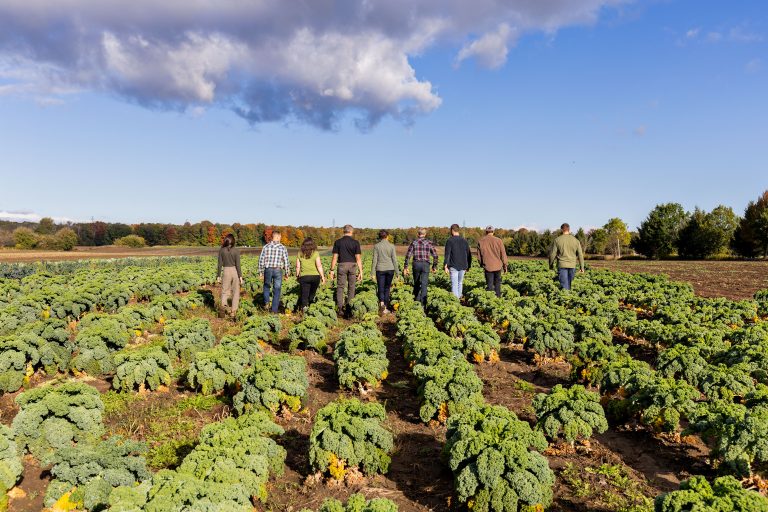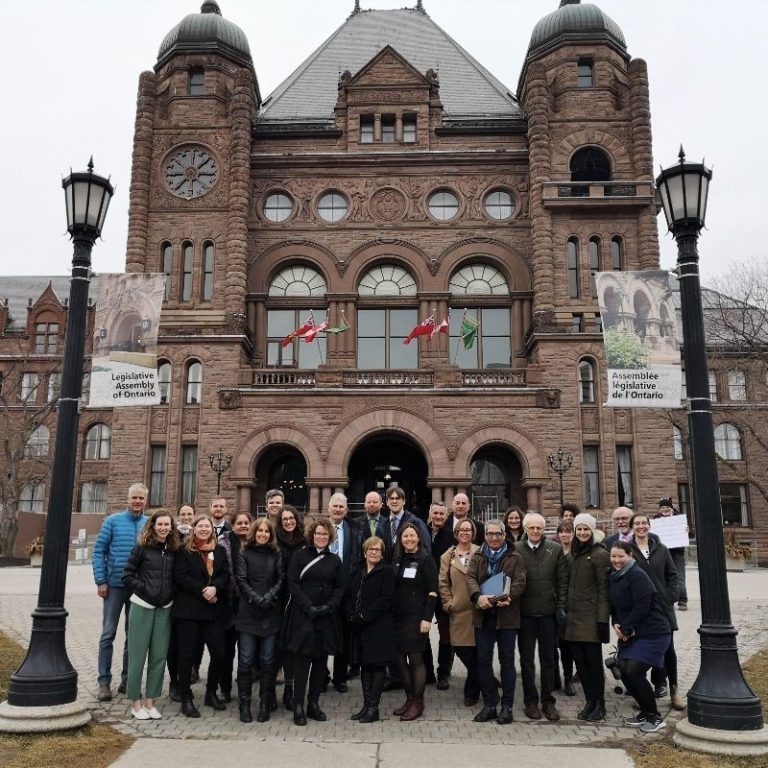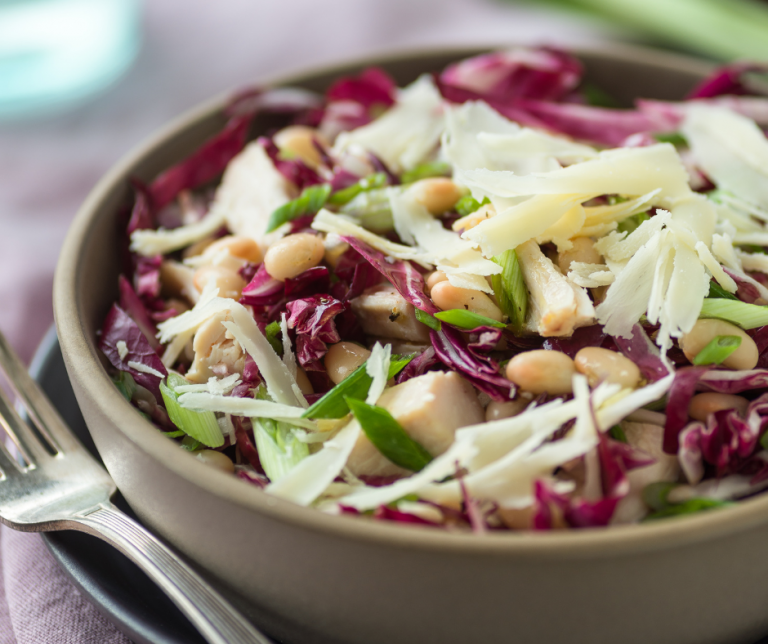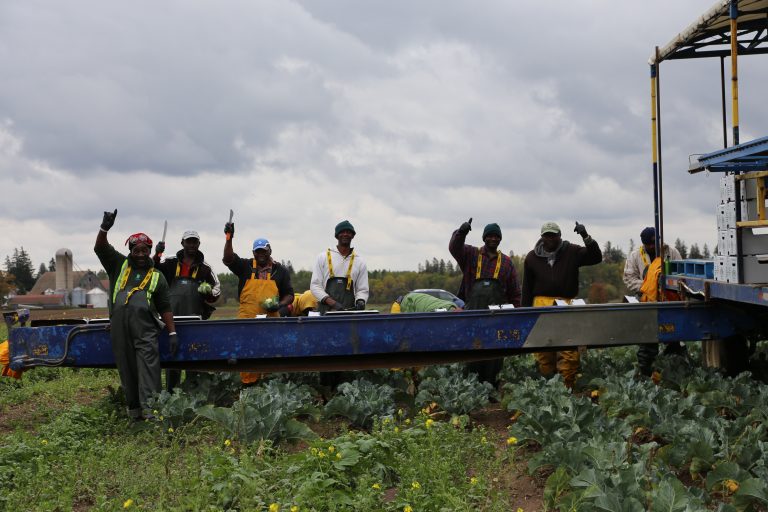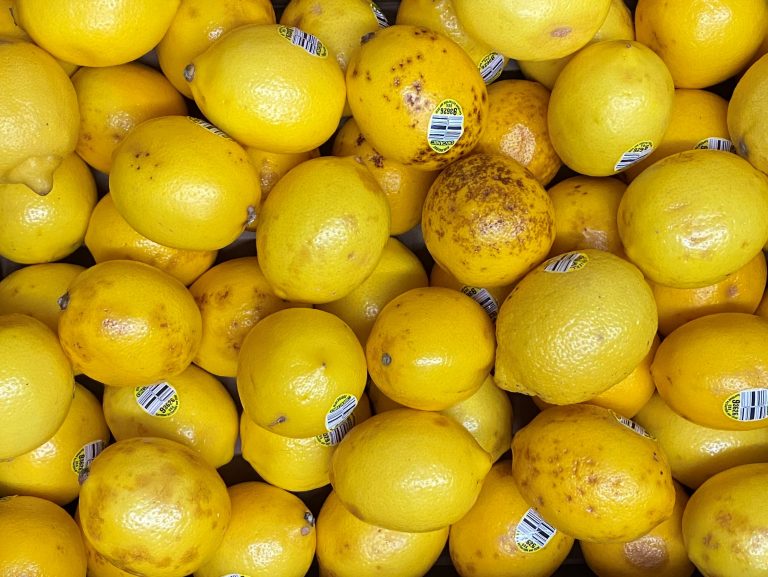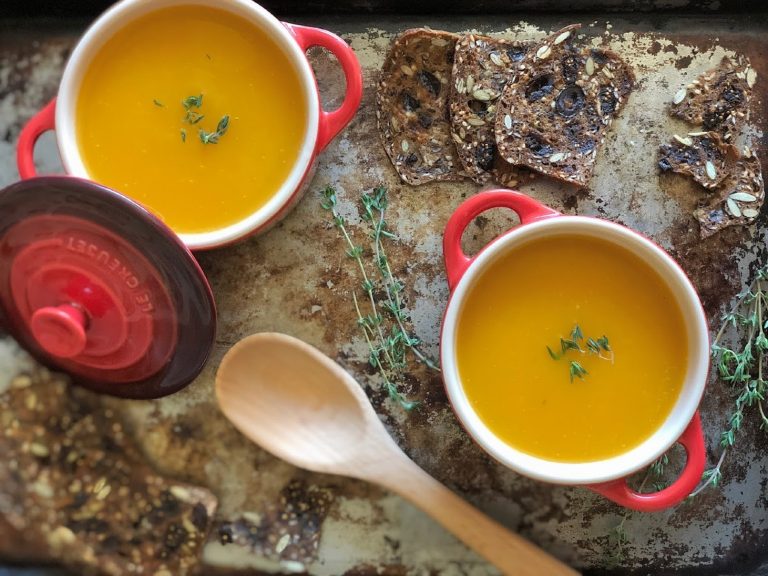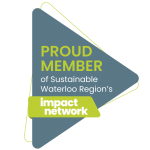Food Waste
Here at Pfenning’s, food waste is always a hot topic. At every level of the food supply chain we all play a part – from farms like ours, to stores and restaurants, to consumers. According to the Food Waste Index Report 2021, 61% of all food waste is produced by household consumers. That’s a large percentage! Together, we can take action and conquer this problem.
Grocery retailers work very hard to provide consumers with the “best” possible produce available in season. But what happens to all the produce that doesn’t look the best? Very often, perfectly good product will be picked over for something prettier. Discerning shopping habits like this have ripple effects throughout the entire supply chain. Less attractive produce gets overlooked by consumers, which results in waste at the store level. In order to avoid this, produce managers will not accept less than perfect produce, which bumps the waste back to the farm level. On the farm, we grade out less attractive product to avoid this. This was a particular source of frustration for the matriarch of the Pfenning family!
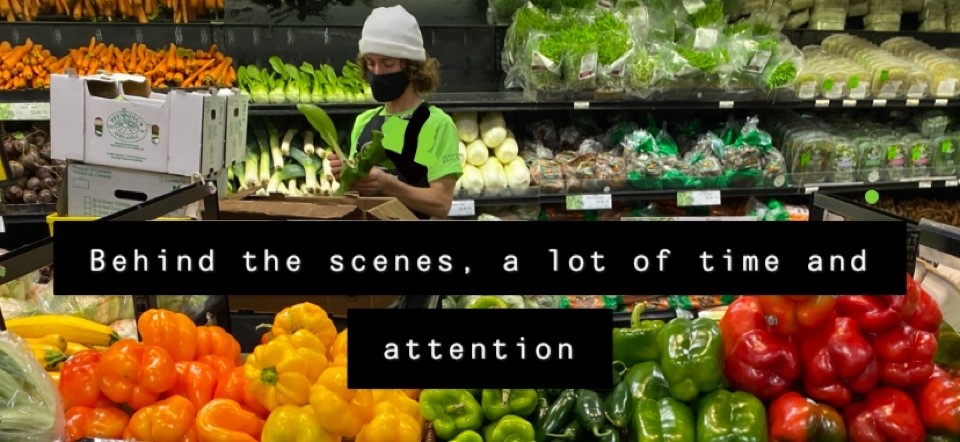
At every level, proper produce handling is very important to keep everything looking its best. Even a short time in the wrong conditions can spoil a product. This is why it is so important to spread knowledge about proper produce handling. Each vegetable has their own story for how to keep them happy in storage.
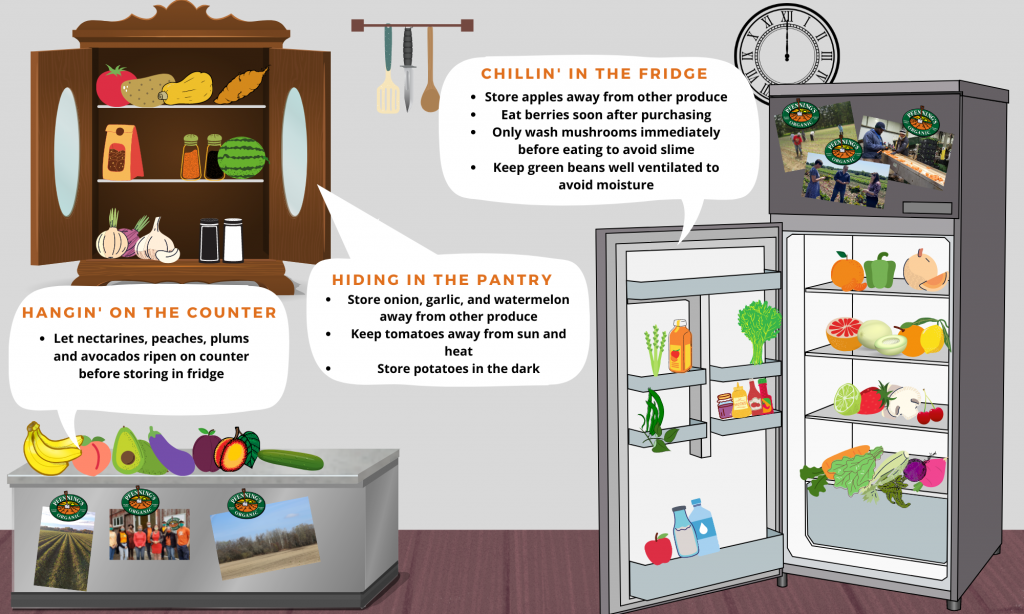
As consumers, we can take a step back and look at our expectations and shopping behaviour. Here are some things to consider:
- Recognize that good food won’t always look attractive – and this is ok!
- Shop more, buy less. Wherever possible, buy only what you plan to eat.
- Be strategic with your shopping. If you know you have time to get some batch cooking done (for canning or freezing), stock up!
- Be sure to store your food properly. Here is a handy resource for you: https://www.wellandgood.com/how-to-store-produce/amp/
- What you cannot store, freeze for later.
- If you find yourself with extra you cannot use yourself, consider sharing with family or friends, or donating to your local community food access group.
- Get creative with your scraps. Some examples could be as simple as taking ripening tomatoes and turning them into soup, or taking bruised apples and dehydrating them to make apple chips. This blog from Mama Earth Organics has some great tips!
- If all of this slips by and you end up with inedible food, compost it. Nourishing the soil for future crops is a perfect ending for foodstuff that can’t be used further.
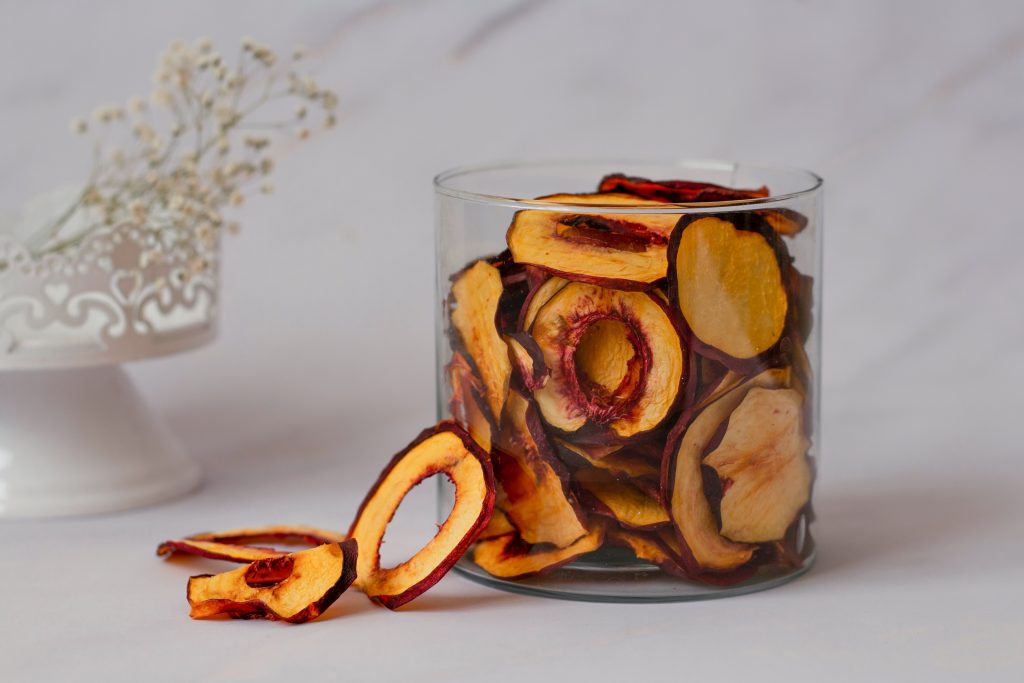
There are many ways to turn what might have been a loss into an opportunity for gain. Where there’s a will, there’s a way. Together, we can do better!


